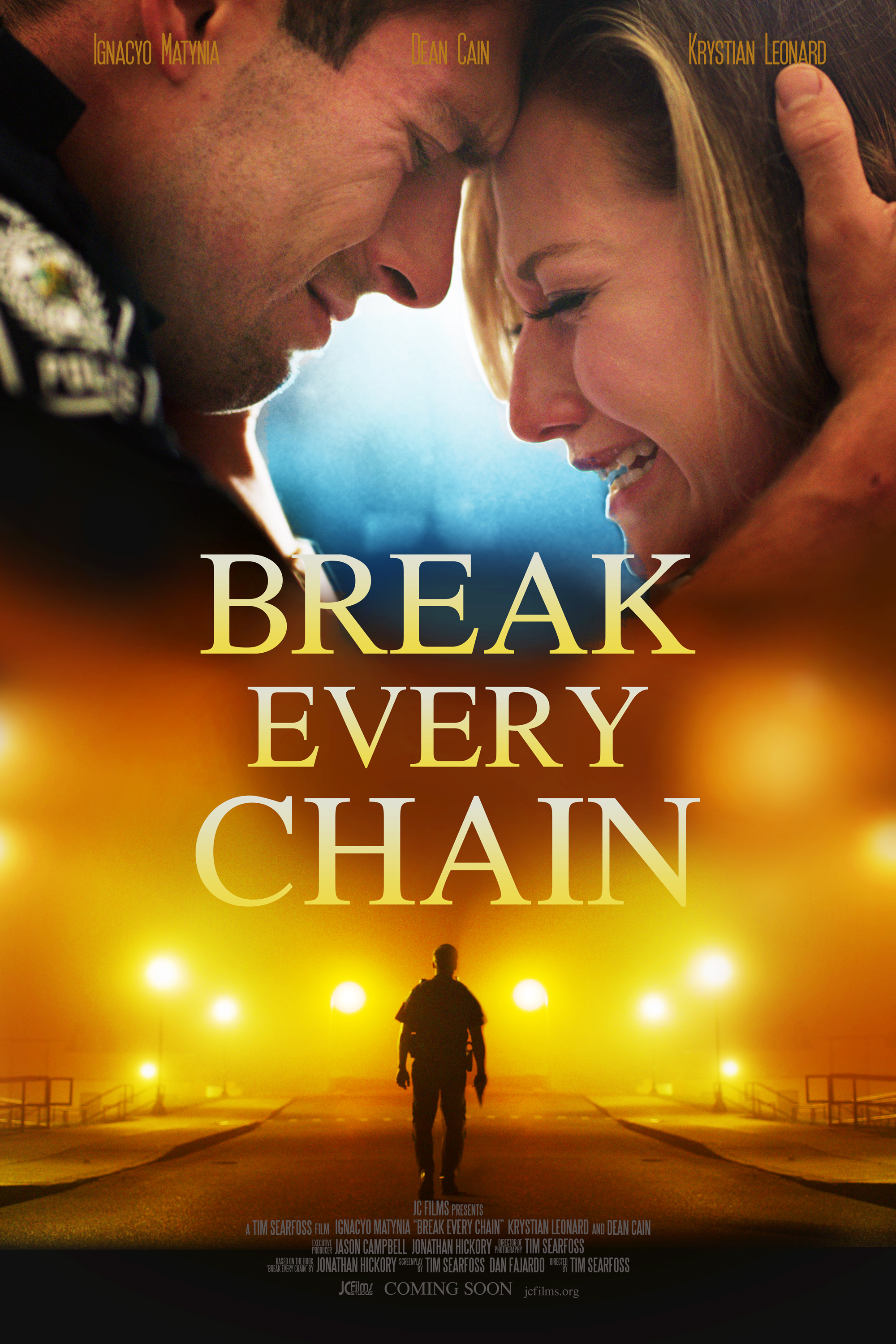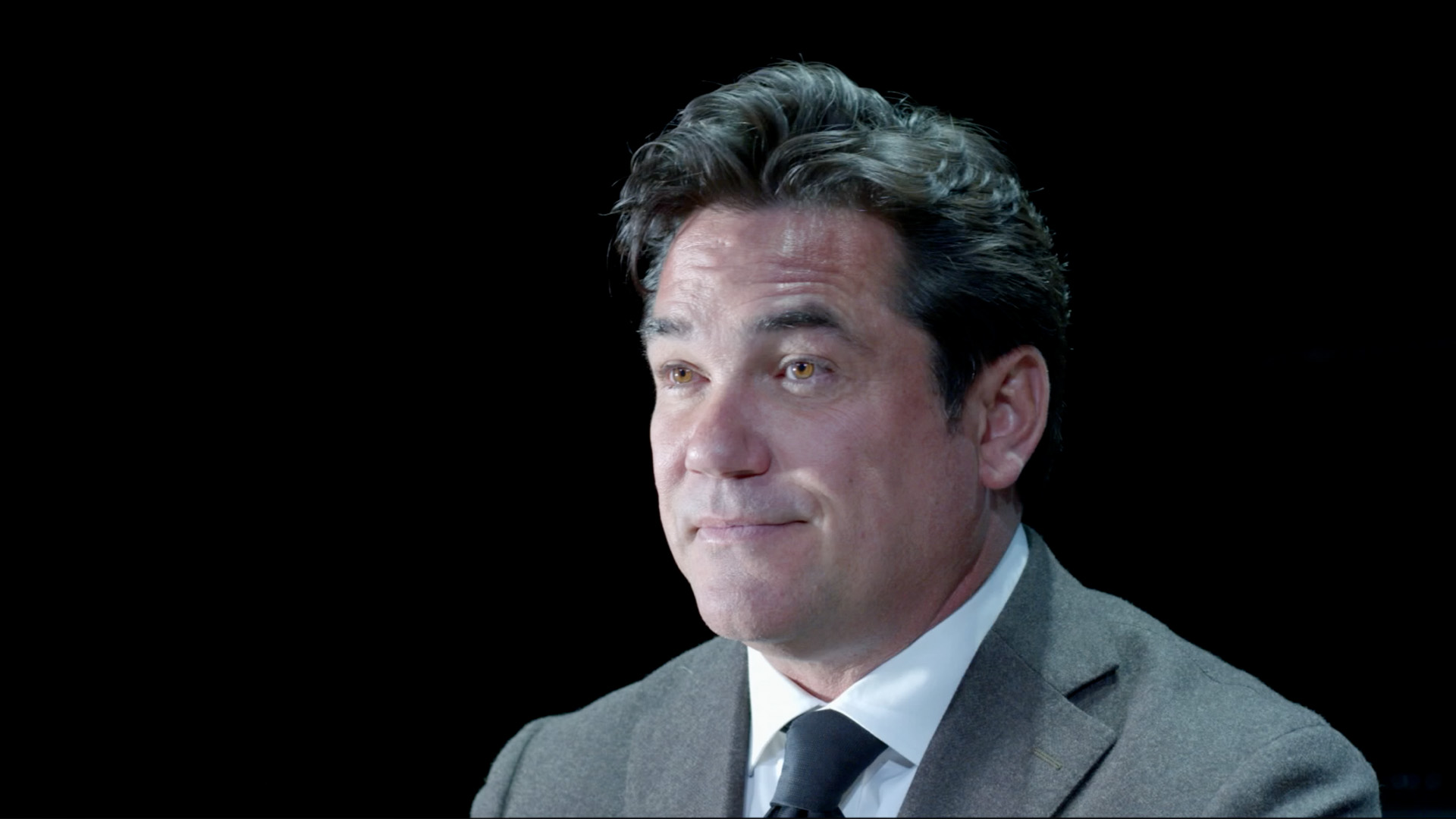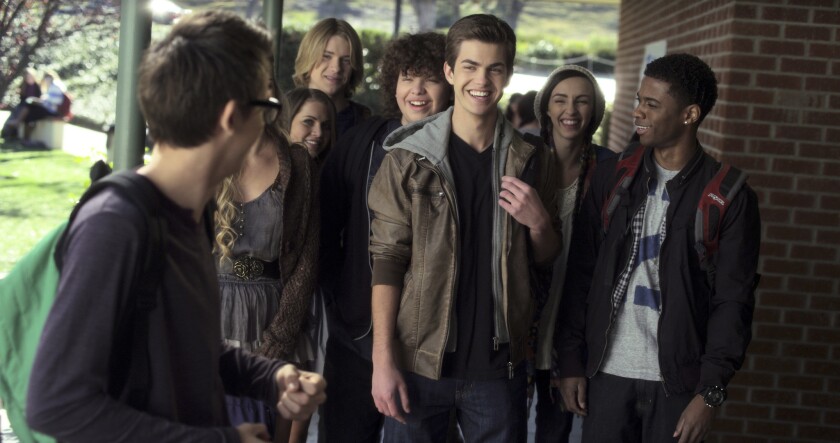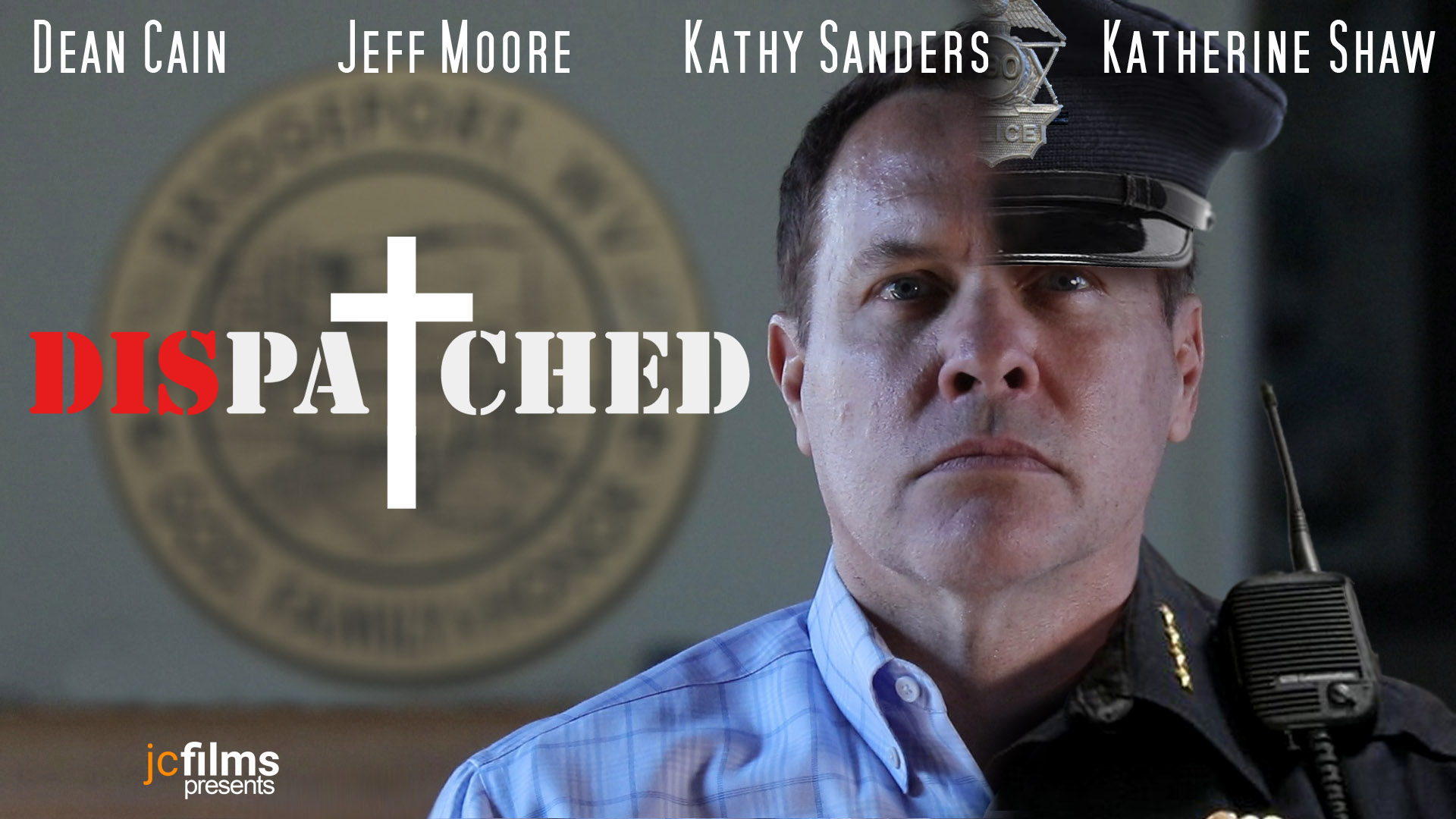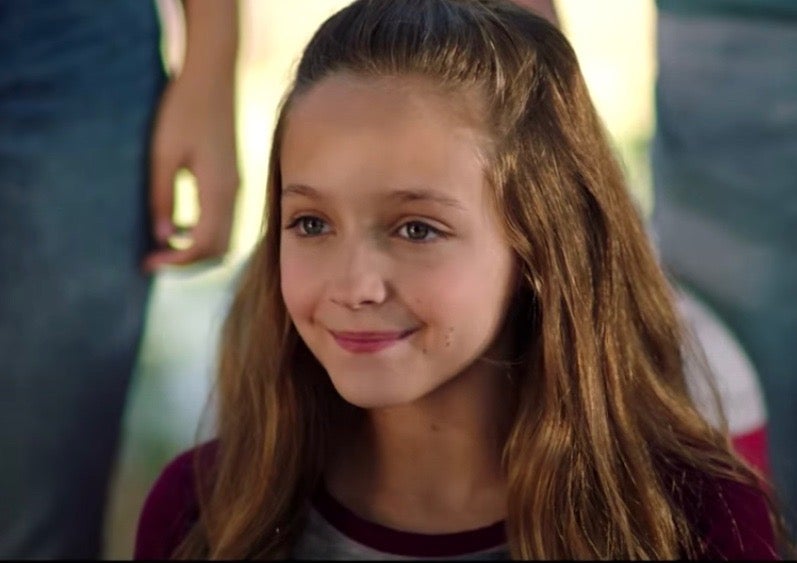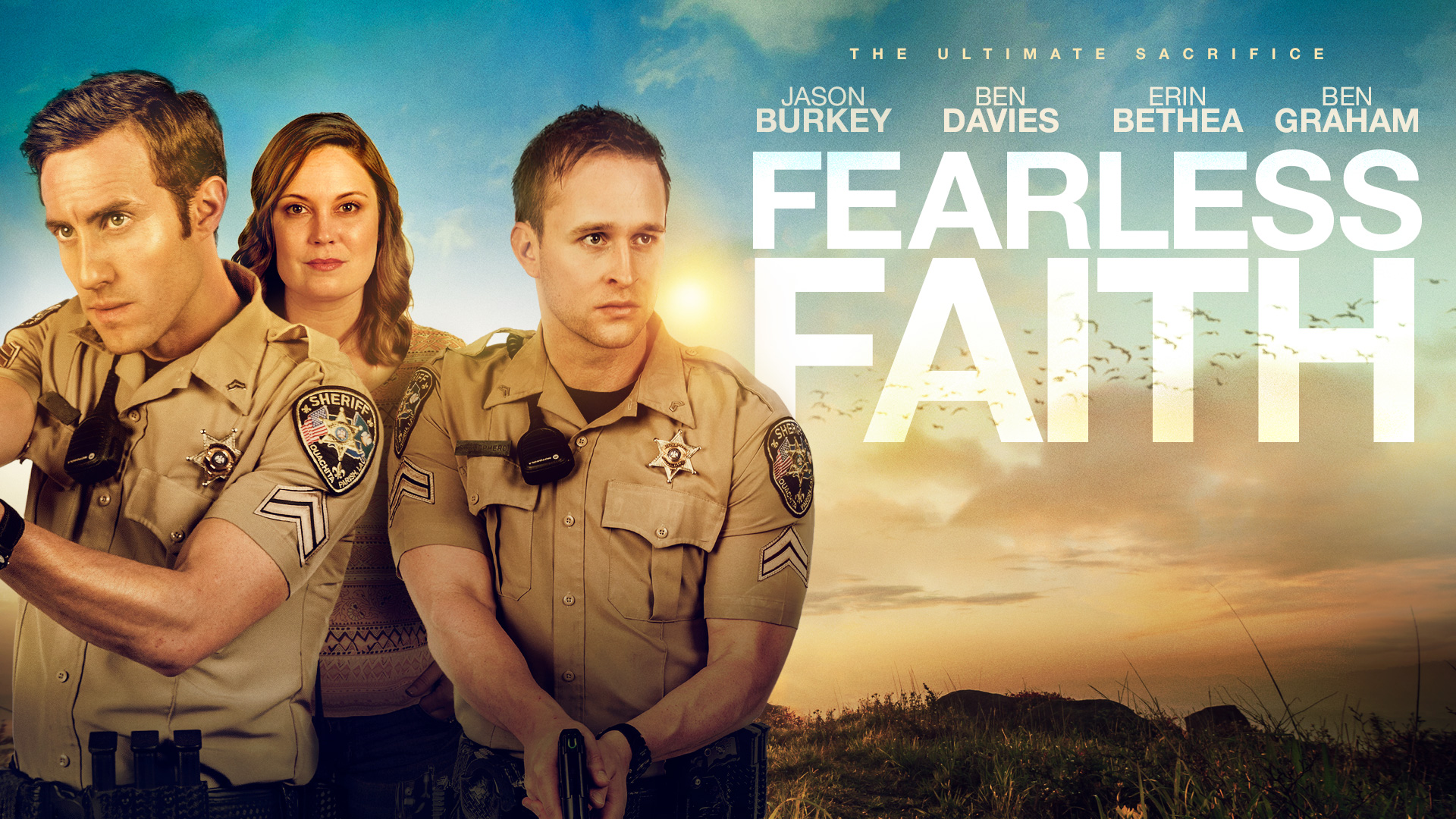
Plot Summary
Ali Daniels and Cody Gunner are both running from something, and neither one of them want to admit what it is. Ali and Cody both keep their personal lives to themselves and work out their emotions in the arena at their first love – the rodeo. Cody is angry about how things went down with his family when he was a child, and he uses that anger to drive his reckless approach to bull riding. Ali doesn’t want to admit that she’s not invincible, so she goes to great lengths to keep to herself and do what she wants with her life no matter what anyone else thinks. When Cody and Ali meet, their shared drivenness leads to an immediate connection. Will Ali and Cody face what each of them are running from so that they can live the rest of their tomorrows with honesty?
Production Quality (2 points)
The production quality in this season is average in the first two episodes but it increases slowly as the series progresses and eventually becomes slightly above average. There are some moments of shaky cam throughout the series, and there is nothing particularly artistic about the camerawork. Overall, the production quality is standard but not incredible.
Plot and Storyline Quality (2.5 points)
A Thousand Tomorrows’ plot and storyline is stronger than the novel of the same name, but there are some plot holes. Positives include the Christian message and the realistic flashbacks of Cody’s childhood experiences. Also, there are memorable moments of depth and relevancy throughout the series that hint at future potential on behalf of the screenwriter(s). It’s almost like they took on too broad of a storyline for one season of a show. This being said, negatives include Cody and Ali’s incomplete character arcs. For instance, what motivates Cody to become ‘good’? One minute he’s sleeping around and drinking, and the next he’s infatuated with Ali, who seems to be a mostly perfect character except for what she’s hiding from everyone, which is also not her fault. That brings up another point, like Cody, Ali’s character shows a lot of potential, but two episodes of strong dialogue do not translate a solid character arc. Lastly, secondary characters do not contribute much in the way of dialogue, and the plot flounders until finding solid ground in the second half of the season. On the whole, this is a good start for a first-time filmmaking crew, and it is certainly something that can be built upon in the next season (if there is one?).
Acting Quality (2 points)
The acting quality shows potential but is a bit inconsistent. The acting from the entire cast is generally good in episodes 3 and 4, and the final episodes have strong moments as well. However, it is inconsistent in the other episodes. In the actors/actresses’ defense, at times it seems like they truly don’t know what they’re supposed to be doing in a scene. This trend is a recurring one throughout the series. Rose Reid and Colin Ford bounce off of each other well as co-stars. There are some moments of awkwardness, but on the whole, their performances are above average. Cole Sibus shows promise as a new face in Christian film, and the BOR team would like to see more of his acting in other projects. Some of the secondary characters could have more meaningful dialogue. Overall, this section receives an average rating.
Continuity Quality (1 point)
Continuity is the weakest point of the series. Some aspects of the main character’s arcs are left unfinished, and the episodes are either packed with content and meaningful dialogue or slow with rodeo montages and moments of innuendo between characters. Definitely some room for improvement here.
Conclusion
Overall, the BOR team enjoyed watching this show, and some members stated they would watch it again. (spoiler) People who struggle with childhood trauma and/or an illness will find much they can relate to in this show. I look forward to seeing what type of content this creative team turns out in the future, and I hope that they will build on their foundation in the coming years.
Final Rating: 7.5 out of 14 points



